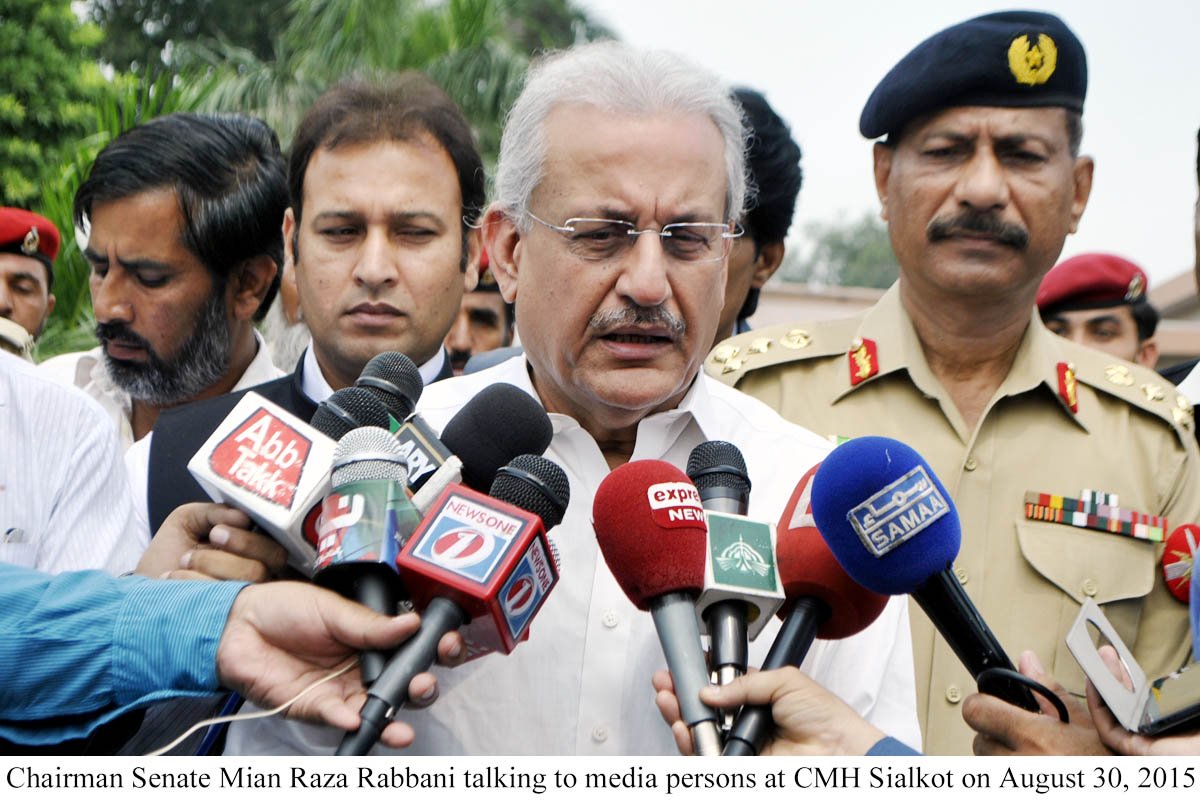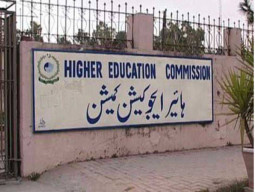
ISLAMABAD: Senate Chairperson Raza Rabbani has advocated autonomy for universities, which, according to him, are the pillars of higher education and hub of innovation, knowledge creation and ideas.
He underscored the need for strict implementation of the 18th amendment and early announcement of the National Finance Commission (NFC) award with a better monitoring mechanism.
“Universities must have autonomy from all extraneous influences to manage their academic, administrative, and financial affairs,” Rabbani said while addressing a policy dialogue on “Future of fiscal federalism in Pakistan – issues and options”, as a chief guest at Comsats Institute of Information Technology here on Tuesday.
He stated that after the abolition of the concurrent list under 18th Constitutional Amendment, education, including higher education, has been handed over to the provinces.
The Implementation Commission constituted to review the powers and functions of the Higher Education Commission (HEC) had decided that a regulatory body for ensuring standards in higher education, research, scientific and technical institutions would be set up.
It is an irony that even after the lapse of six years, the body has not been established in place of HEC, he added.
The veteran politician suggested four basic steps as a way forward for fiscal devolution. He said that NFC award should be given after every five years.
He said that this will be the second budget under 7th NFC Award. He expressed concerned that NFC award is being delayed due to the fact that one province has failed to nominate its member.
He further said that the items on the Federal Legislative List Part-II are under the legislative and administrative control of the Council of Common Interest (CCI). Therefore, it will be appropriate if the budget pertaining to these items and their related departments and bodies is approved by CCI and not the cabinet, Rabbani suggested.
He further emphasised that this becomes all the more necessary when a new NFC is still pending.
Rabbani also referred to the clause-III of Article 172 of the constitution dealing with and pertaining to the 50% of the ownership of oil and gas between the provinces and the federation needs to be operationalised.
Since the 18th Amendment successive governments have deliberatively not taken any steps in this direction as the federation does not want to surrender its stranglehold on these resources.
Rabbani further said that the Senate needs to be given financial powers. “In almost all the federations of the world, the upper house which represents the federating units or in some cases the nationalities have financial powers.
Senate chairman pointed out that it is being propagated that provinces do not have the capacity which is a lame excuse to deny them rights guaranteed by the Constitution.
Comsats Rector Dr SM Junaid Zaidi, the rule of law expert Amjad Bhatti, research economist Dr Idrees Khawaja, Dr Talat Anwar, Center for Policy Studies Adviser Ahmad Zahid Mehmood, former Federal Secretary also shed light on various aspects of fiscal federalism.
Published in The Express Tribune, June 1st, 2016.


































































COMMENTS
Comments are moderated and generally will be posted if they are on-topic and not abusive.
For more information, please see our Comments FAQ